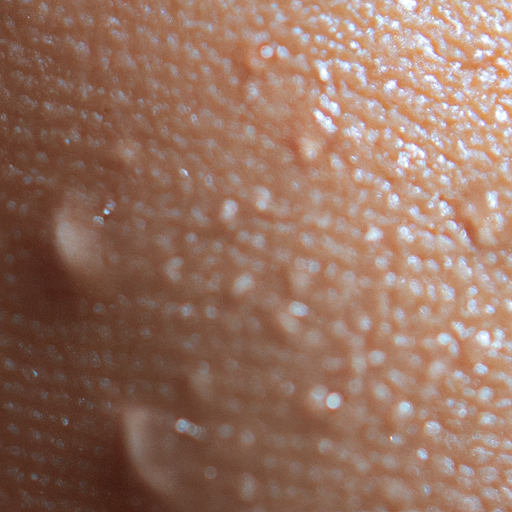Oily skin is a common dermatological concern that affects a significant portion of the population. It is characterized by an excessive production of sebum, the skin’s natural oil, which can lead to a shiny appearance, enlarged pores, and an increased propensity for acne and blackheads. However, with the right skincare regimen and lifestyle modifications, it is possible to conquer oily skin and reveal a radiant complexion.
Firstly, it is essential to understand that sebum isn’t inherently bad. It plays a crucial role in maintaining skin health by providing a protective barrier and keeping the skin moisturized. Problems arise when the sebaceous glands go into overdrive and produce more oil than necessary. This overproduction can be triggered by various factors, including hormonal fluctuations, stress, humidity, and a diet high in processed and greasy foods.
One of the biggest misconceptions about oily skin is that it doesn’t require moisturization. This couldn’t be further from the truth. When oily skin isn’t adequately moisturized, it can trigger the sebaceous glands to produce even more oil to compensate for the lack of moisture. Therefore, individuals with oily skin should use a lightweight, non-comedogenic moisturizer that won’t clog their pores.
Another key component of managing oily skin is regular cleansing. However, it’s important to avoid harsh cleansers that strip the skin of its natural oils, as this can lead to increased oil production. Instead, opt for a gentle, oil-free cleanser that can effectively remove dirt and excess oil without disrupting the skin’s natural moisture balance.
Exfoliation is also crucial in managing oily skin. It helps remove dead skin cells that can clog pores and increase oil production. However, over-exfoliation can irritate the skin and stimulate oil production, so it’s recommended to exfoliate no more than twice a week using a gentle, non-abrasive product.
In addition to a proper skincare routine, lifestyle modifications can also help manage oily skin. A diet rich in fruits, vegetables, lean proteins, and whole grains can help regulate sebum production. Regular exercise can also help by reducing stress levels, which can trigger oil production. However, it’s important to cleanse the skin immediately after exercising to remove sweat and prevent clogged pores.
Moreover, staying hydrated is crucial. Drinking plenty of water helps maintain the skin’s moisture balance and aids in detoxification, which can help control oil production.
In some cases, if oily skin is severe or accompanied by acne, it may be necessary to seek professional help. Dermatologists can prescribe topical treatments such as retinoids or oral medications that can help regulate sebum production.
Lastly, it’s important to remember that everyone’s skin is different. What works for one person may not work for another. Therefore, it may take some trial and error to find the right skincare routine and lifestyle modifications that work best for you.
In conclusion, while oily skin can be challenging to manage, it’s not an insurmountable problem. With the right skincare regimen, dietary changes, and lifestyle modifications, it’s possible to control oil production and reveal a radiant, healthy complexion. Remember, the goal isn’t to eliminate oil completely but to strike a healthy balance where your skin is neither too dry nor too oily. With patience and consistency, you can conquer oily skin and unmask your natural radiance.



